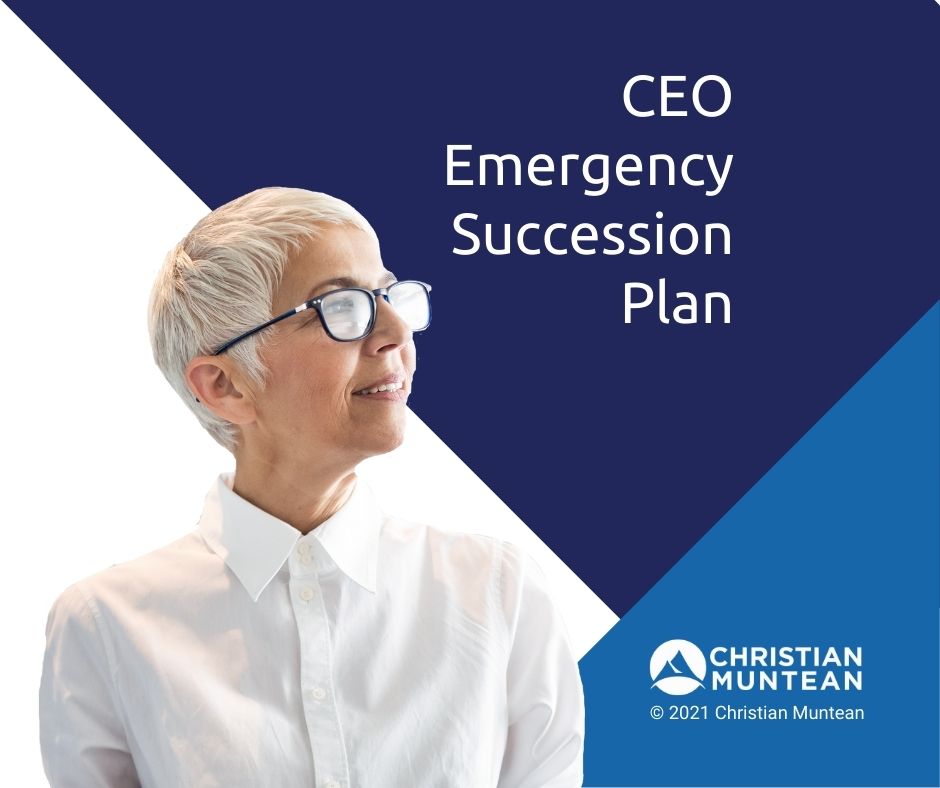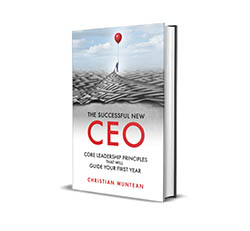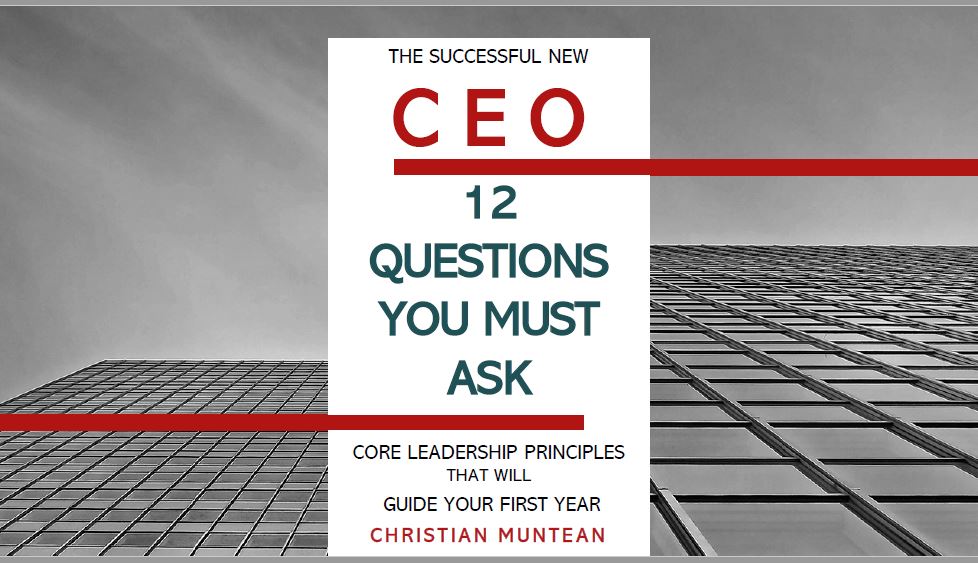What Better Leaders Do: One Never-Discussed Characteristic

Patience is rarely discussed in fitness or in leadership. But it should be. Patience is related to perseverance. The primary difference is that perseverance emphasizes continued effort over time. Patience is the ability to wait over time.
emphasizes continued effort over time. Patience is the ability to wait over time.
To make a gross generalization, there are two kinds of people: Those who can’t get started and those who can’t stop. It’s rare that those who struggle to get started end up making a lifestyle out of fitness, becoming athletes, or becoming successful leaders. The ability to self-start and restart after setbacks or interruptions matters. The drive is important.
But that drive, if not moderated, can create problems. Patience is key to this. Arguably, impatience is the cause of many – possibly most – injuries and mistakes for both athletes and leaders.
The Difference Between Perseverance and Patience
Perseverance and patience are related concepts. They both have to do with time. For perseverance, at least how I’m using the concept, the focus is on sustained effort over time. Patience, on the other hand, is about the ability to wait. More specifically, the ability to delay gratification.
Impatience in Fitness
When pursuing fitness goals, almost no one can get fit fast enough, learn a new skill quickly enough, or heal soon enough.
To a significant degree, the fitness, supplement, diet, and even medical industries milk these desires. When doing so, they support distorted expectations of what growth and accomplishment should look like. It actually undermines long-term goals because the short-term promises are either false or unsustainable.
People just starting or restarting in fitness often struggle with accepting the time it takes to achieve their goals in a healthy and sustainable way. When they don’t see the results they hoped for quickly enough, it can be easy to quit.
Athletes are notoriously impatient for results. This shows up in many areas. Recovery from injury is probably the most common. The most tried and true method for healing most things is to “rest.” It is also the most reluctantly used. All athletes know the deep frustration (and sometimes even depression) of having to do light calisthenics or PT while everyone else still gets to play.
Here’s the corollary: Many leaders want tangible results now. When they don’t understand that some things just take time, they can either get frustrated and quit (this is where perseverance is needed) or get frustrated and try to short-cut the process in some way.
They’ll place people in positions they aren’t ready for. They don’t give relationships with prospects time to mature. They don’t want to build an organizational foundation that can sustain growth. They want to act, not plan. They don’t understand that a task that they thought would take 15 minutes has sent an employee down a 15-hour rabbit hole. They may become short-tempered, critical, and accusatory.
People who don’t wait well end up not seeing the sustained results they hope for. Not only that, they strain or even break relationships along the way.
The business landscape is littered with companies that had that high-watermark year of financial success that burned everyone out. It damaged, and sometimes even killed the company.
Four Areas Where Patience Is Needed
In leadership, there are at least four areas where patience is a key virtue. Without it, we are working against ourselves:
- Building Credibility: For new leaders, leaders in new positions, or leaders involved in business development or selling – it takes time to prove yourself. Find out what people need to experience before extending trust. Then allow time for trust to grow. The only shortcut is consistency on your part: Do what you say you will do. Meet the expectations of your position. Give it time.
Credibility is weakened by any attempt to force it or demand it from others.
- Patience With Yourself: Many leaders struggle with feeling that they don’t have everything it takes to do their job. They are probably accurate. But they can grow and learn. Learn to accept and pursue steady, incremental growth. Learn to set a few, but clear, growth goals each year and steadily work to pursue them.
The 1% growth model is legitimate. Achieve 1% growth each day. In 70 days you’ll be twice as good in that area.
- Patience With Others: Sometimes we suspect or discover that our staff may not have everything they need to do their jobs. That may also be true. But they can also grow. Help them identify a few, achievable growth goals for each year. Support them to accomplish those goals. Make the goals measurable so you can track progress. The discipline of identifying the time it takes to grow and sketching out even a rough plan to get there helps you mentally and emotionally accept waiting for growth.
- Waiting For Projects or Initiatives To Bear Fruit: One of my best clients, now a national leader in their field, is led by an energetic, ‘early adopter.’ He sees and grabs onto new ideas and tools easily and quickly. Unfortunately, when I first started working with them, he was overwhelming his team with new ideas, tools, systems, and strategies. We worked to focus on critical initiatives, to slow down and wait for new ideas to be fully implemented, and then bear fruit. Having accomplished this, they’ve been able to achieve and maintain annual growth of no less than 50%, with very little turnover. Gain a reasonable sense of how long it should take a project to show its value – and give it time.
Good leaders want to move. Excellent leaders, particularly over the long haul, know when and how to wait.
I love to get your feedback!
- Which area is most difficult for you to be patient in? How can you become more effective at waiting?
- Are there other areas where you think patience is important?
Take good care,
Christian
𝗧𝗵𝗲 𝗕𝗲𝘀𝘁 𝗧𝗶𝗺𝗲 𝘁𝗼 𝗖𝗿𝗲𝗮𝘁𝗲 𝗔𝗻 𝗘𝗺𝗲𝗿𝗴𝗲𝗻𝗰𝘆 𝗦𝘂𝗰𝗰𝗲𝘀𝘀𝗶𝗼𝗻 𝗣𝗹𝗮𝗻 𝗶𝘀 𝘽𝙚𝙛𝙤𝙧𝙚 𝗬𝗼𝘂 𝗡𝗲𝗲𝗱 𝗜𝘁.
Be prepared for a smooth transition in the event of an unplanned emergency succession. My guide will show you step-by-step how to devise your own plan.
Free Leadership Resources
Whether you are a new CEO, thinking of succession or exit, or wanting to strengthen your leadership and your team, I’ve got resources to help:
Enhancing your leadership skills
Are you interested in learning more about becoming a successful CEO? If so, get a free copy of my book The Successful New CEO. Not a new CEO? I’ve been told by “old hands” that they felt any CEO should read this. So, click here to get your copy today.
by “old hands” that they felt any CEO should read this. So, click here to get your copy today.
Let’s connect.
I’m passionate about helping leaders to create workplaces they love going to and increasing the value of the services they offer. My results-oriented approach is tailored to each client’s specific situation and needs. As a leadership coach, I have developed a wealth of resources to help you and your team grow and become stronger.
Weekly Newsletter – sign up to receive my weekly articles addressing critical leadership challenges and issues.
The Leadership Coach Podcast – In my podcast, we explore effective, high-impact, and enjoyable leadership. Subscribe.
There are 𝟭𝟮 𝗰𝗿𝗶𝘁𝗶𝗰𝗮𝗹 𝗾𝘂𝗲𝘀𝘁𝗶𝗼𝗻𝘀 to ask before accepting a new CEO position. Do you know what they are? Instantly download my free e-book here.
Find the value of your company with my free assessment tool: The Value Builder System
The Value Builder System™ is a 13-minute online questionnaire that evaluates your business on the eight factors that contribute more to its attractiveness and value. These factors are scored on a scale of 1-100. Businesses that score over 80 are likely to command 70%-100% higher value than others.
Opportunities
Executive and Leadership Coaching: Do you feel overwhelmed? Are you not getting the results you expect from the effort you are putting in? Do you find yourself facing similar challenges time and time again? Would you like to change specific ways of relating or reacting? If you would like to experience predictable, measurable growth Contact me.
Profitable Exit Strategy Workshop: Are you a business owner or partner? Over 55? Starting to think about exiting your business or active management in the next 3-5 years?
- Curious about what your business might be worth?
- Would you like to discover the specific steps you need to take to increase its value and become highly attractive to a buyer?
- Are you planning on handing it over to family or employees and you want to ensure long-term success?
If so, contact me now
Article Categories
Popular articles

Download my free 10-page eBook:
How To Accomplish More Without Doing More:
Eight Proven Strategies To Change Your Life
Discover how to save eight hours during your workweek-even if you're too busy to even think about it. The resource every maxed out executive needs.

